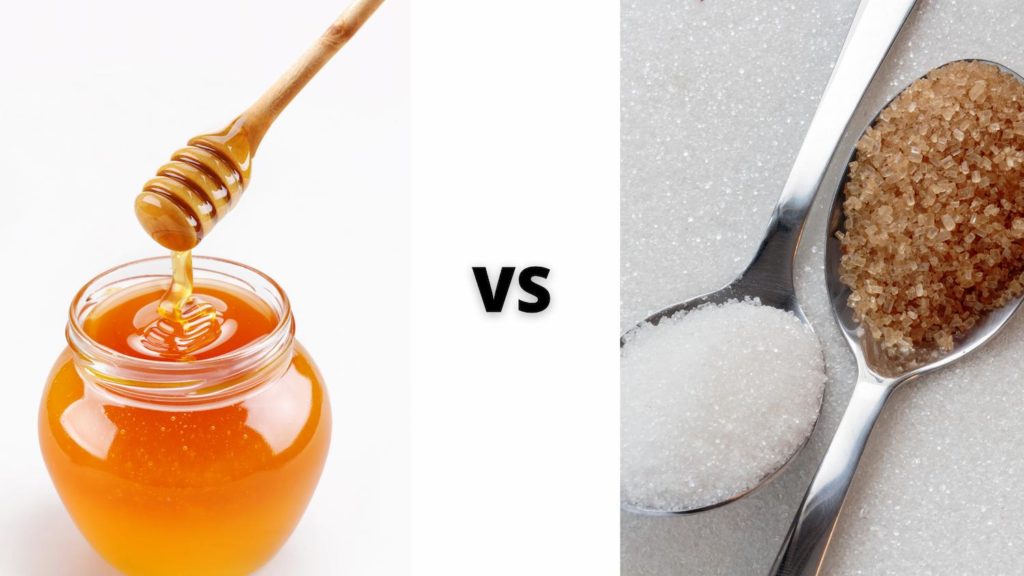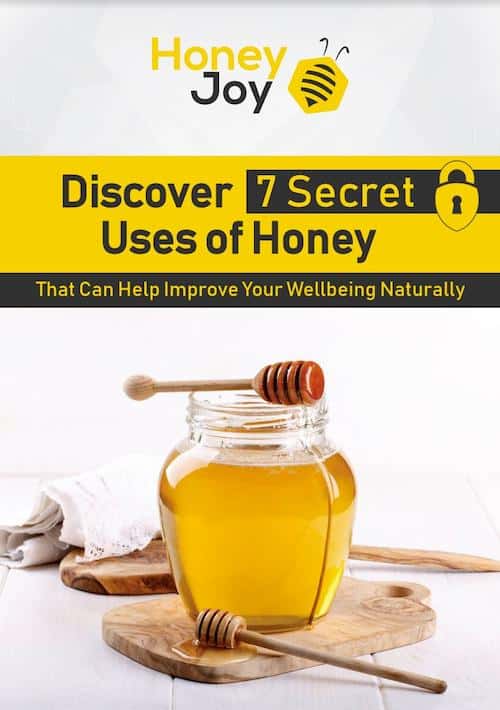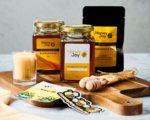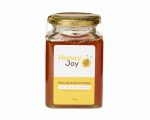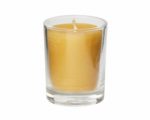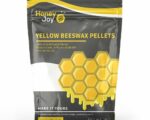A tale as old as time, a battle of two titans, a question asked by millions of people (and, apparently you): Is honey healthier than sugar?
If you are looking for an answer to that question, you have come to the right place.
If you just don’t care and are looking to read something because you are bored, you are still welcome to stick around until the end of this article.
I will talk about honey and sugar, all the health benefits each of these two products have, and, I will try to answer the question posed by the title of this article.
So, sit back, relax (maybe have a cup of tea or just plain water) and join me in this journey where we try to figure out if honey is healthier than sugar.
Key Takeaways
- Honey contains a lot of vitamins and minerals.
- Raw honey has more antioxidants than any other type of honey.
- Honey is a great substitute for sugar because it is natural and not processed.
Honey And Sugar
Honey
Honey is a substance predominantly made by honey bees (I say predominantly because there are some industrial made types of honey that are exclusively man-made). Honey is sweet, viscous and contains a lot of healthy vitamins and minerals [1].
Honey bees make honey by using floral nectar (that comes from plants) [2]. After making honey, bees store it in a wax structure, which we all know as the honeycomb.
Now, we all know honey is sweet, but have you ever wondered why? Well, if you have, the answer is quite simple – because of fructose and glucose (both are types of sugars). Fructose is also known by the name of fruit sugar (cause it’s mostly found in fruits).
Glucose is the most important energy source for all living organisms [3].
One tablespoon of honey contains around 60 calories. Technically speaking, honey has more calories than sugar.
But, where these two substances differ, is the fact that apart from calories (that both products have in abundance), honey also contains healthy amino acids, and much more.
Sugar
Sugar is the most common name for a type of carbohydrate that are used in food. Sugar (that we use in our food) is usually composed of two substances – fructose and glucose.
Sugar is made from sugarcane or sugar beets (most commonly). It’s common knowledge that sugar is not the healthiest option (when compared to other food). It has no additional nutrients (except for carbohydrates).
One tablespoon of sugar contains around 50 calories. Sugar is 100% sucrose which means it’s made from glucose and fructose.
The fact that sugar is a carbohydrate, makes it an ideal source of energy (that, unfortunately, burns fast. We’ve all heard about sugar crashes).
The most commonly used in many households is white sugar. White sugar does not contain any dietary fibres, fats or protein (and can negatively impact your weight).
Many studies have shown that excessive intake of sugar-filled drinks (or foods) can be the main cause of type 2 diabetes [4]. It’s made of two carbohydrates (has one molecule of glucose and one molecule of fructose).
The main conclusion from this research is that eating high amounts of sugar can negatively impact your body, your weight and your health.
If foods filled with sugar are the main part of your diet, you might want to consider switching to a more natural and healthier source of nutrients, vitamins and minerals (like honey).
Honey VS Sugar – Diabetes
When it comes to people who suffer from diabetes, the age-old battle of honey vs sugar takes a completely different turn. Why? Well, people who suffer from diabetes don’t process sugar in the same way people without it do.
People who have diabetes have a lack of insulin (responsible for moving sugars into muscles and other cells). That makes them susceptible to having high blood sugar levels (sugars stay in their bloodstream, instead of going to cells and becoming a source of energy).
So, what’s the take from all of this? Well, it’s that people with diabetes can’t eat the same amounts of sugar as we all can. Why? Because their body does not process sugars in the way the body of a healthy individual does.
That leads us straight to the question – Should people with diabetes eat honey instead of sugar?
The answer is not that simple, it’s yes and no at the same time. Yes, because honey is infinitely better for your health and has anti-inflammatory properties. And, no because it’s still a carbohydrate-based substance that contains glucose and fructose.
But it’s not a definite no, it’s more of a eat in moderation type of no.
Honey is sweeter than sugar and has more calories per one tablespoon. But, what it also has is more nutritional value and health benefits.
So, the conclusion is, that for people suffering from diabetes honey is a much more welcome addition to their diet (adding honey to your tea might do the trick). Daily intake of honey may be beneficial for your body [5].
If you are looking to purchase honey and get all the benefits that come with eating it, be sure to check out the HoneyJoy shop (we have some amazing products on offer, including natural raw honey and a lot of natural beauty products).
FAQ
What Are The Health Benefits Of Honey?
The main benefit (and the reason why most people consume honey) is that it’s filled with antioxidants.
Regular honey contains fewer antioxidants than raw honey because it undergoes the process of pasteurization.
Research has also shown that honey can have a positive impact on your blood pressure (i.e. it lowers your blood pressure) [6].
Some say that eating honey on a daily basis can lower the risk of some types of cancer.
What Is Raw Honey?
Raw honey is the type of honey that most closely resembles the honey inside the beehive. This type of honey is made by filtering the honey from honeycombs in order to remove impurities (such as beeswax and dead bees).
It does not go through the process of pasteurization which makes it richer in antioxidants (when compared to regular honey) and has trace amounts of minerals and vitamins.
Some industrial-made honey has small amounts of corn syrup added to it (mostly to lower the cost of production). That’s why this type of honey is a much more viable option, for your “sweet tooth” and your overall health.
How Does Honey Impact Your Blood Sugar?
Simply put, it raises it. Honey has a lower glycemic index (when compared to regular sugar).
The Glycemic index measures how fast a carbohydrate can raise your blood sugar levels.
The Glycemic index of honey is a little bit lower than the GI of sugar (58 compared to 60 for sugar). What that means is that both honey and sugar raise your sugar blood levels quickly.
What Is Sucrose?
Sucrose is a scientific name for table sugar. Sucrose consists of one glucose and one fructose molecule.
Sucrose is used to make sucralose, which is the main ingredient in many artificial sweeteners.
What Is Manuka Honey?
Manuka honey is a special kind of honey made from the nectar of manuka plants. It has a lot of anti-microbial properties, which is why it’s used in medicine.
The Bottom Line
We’ve come to an end of the age-old tale of honey vs sugar! Who won? Which product is more beneficial to your health? Well, it’s obviously honey (I mean, did you read the article at all, or did you just scroll down to the end?).
Honey may positively impact your blood pressure. Honey has trace amounts of minerals and vitamins.
White sugar does have fewer calories per one tablespoon when compared to honey. But, what it does not have are all the other nutrients (like protein, vitamins and such).
Like with most foods and food products, honey should be taken in moderation (if you want to keep your weight where it is).
The maximum amount of honey you should take (per day) is 50 ml (honey does have a lot of calories, so be careful).
Sources
- https://www.ncbi.nlm.nih.gov/pmc/articles/PMC5424551/
- https://www.vpr.org/post/how-do-bees-make-honey-and-why-do-they-sting
- https://www.ncbi.nlm.nih.gov/pmc/articles/PMC3900881/
- https://www.medicalnewstoday.com/articles/317246
- https://www.researchgate.net/publication/23803275_Honey_for_Nutrition_and_Health_A_Review
- https://pubmed.ncbi.nlm.nih.gov/15117561/
